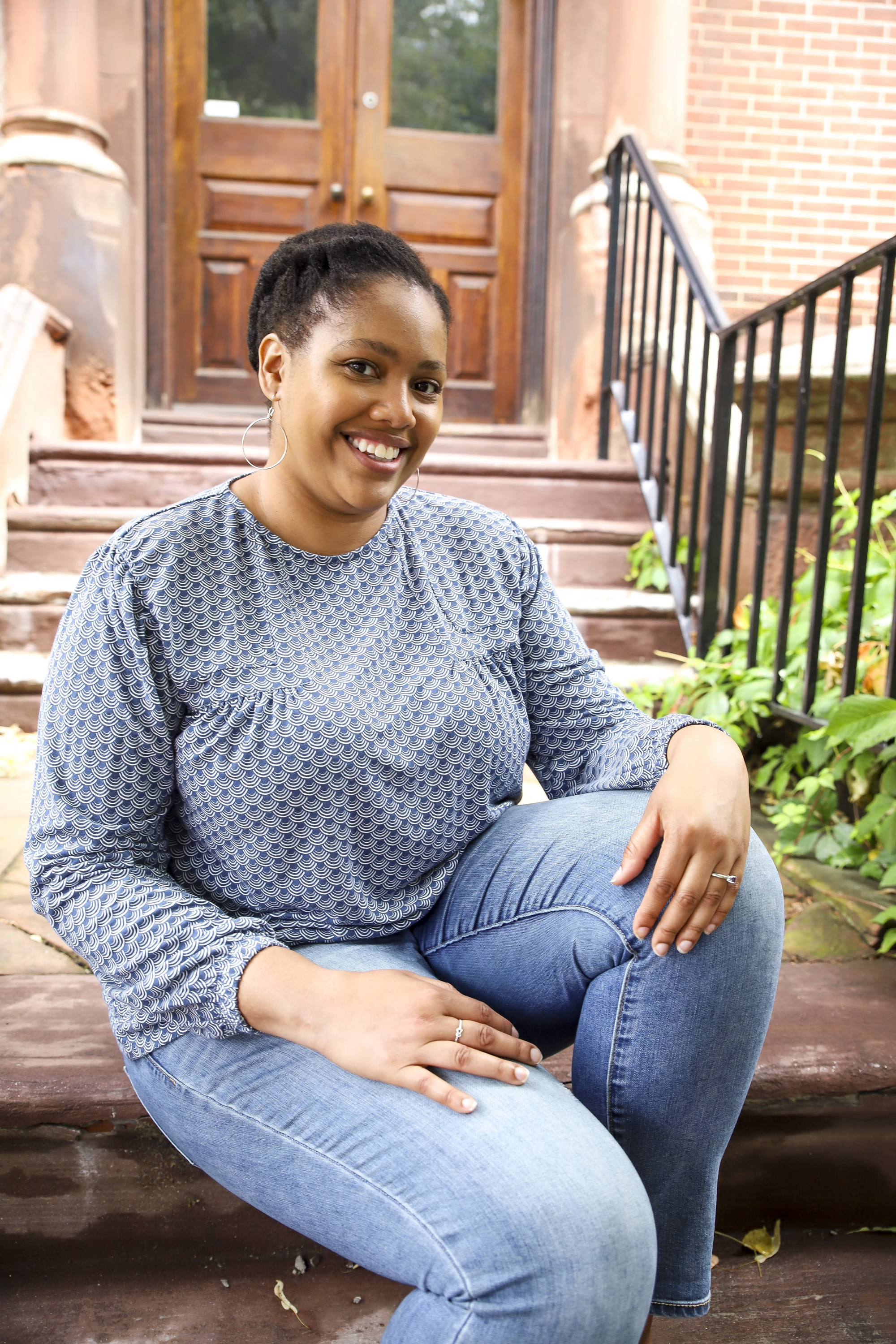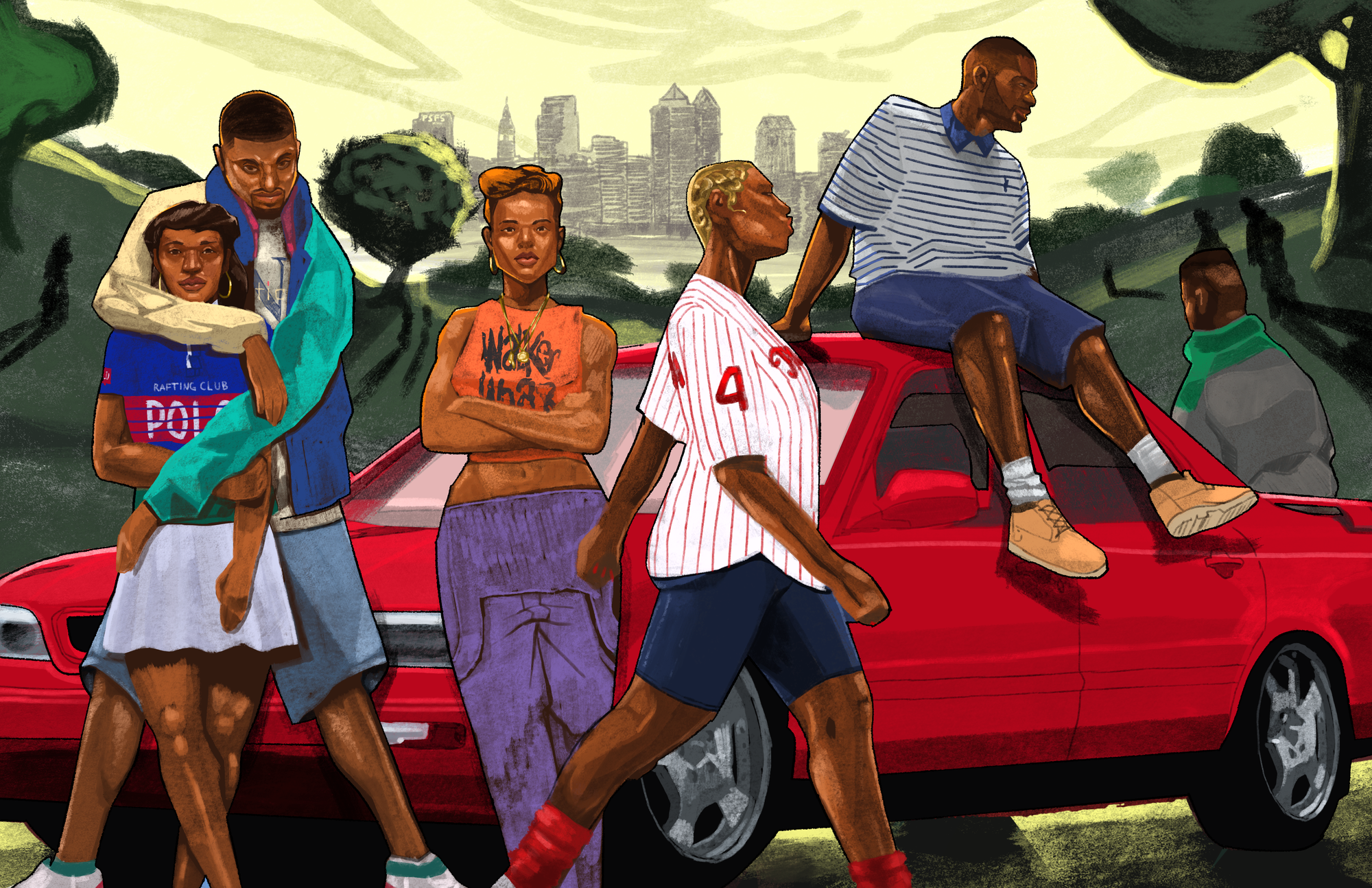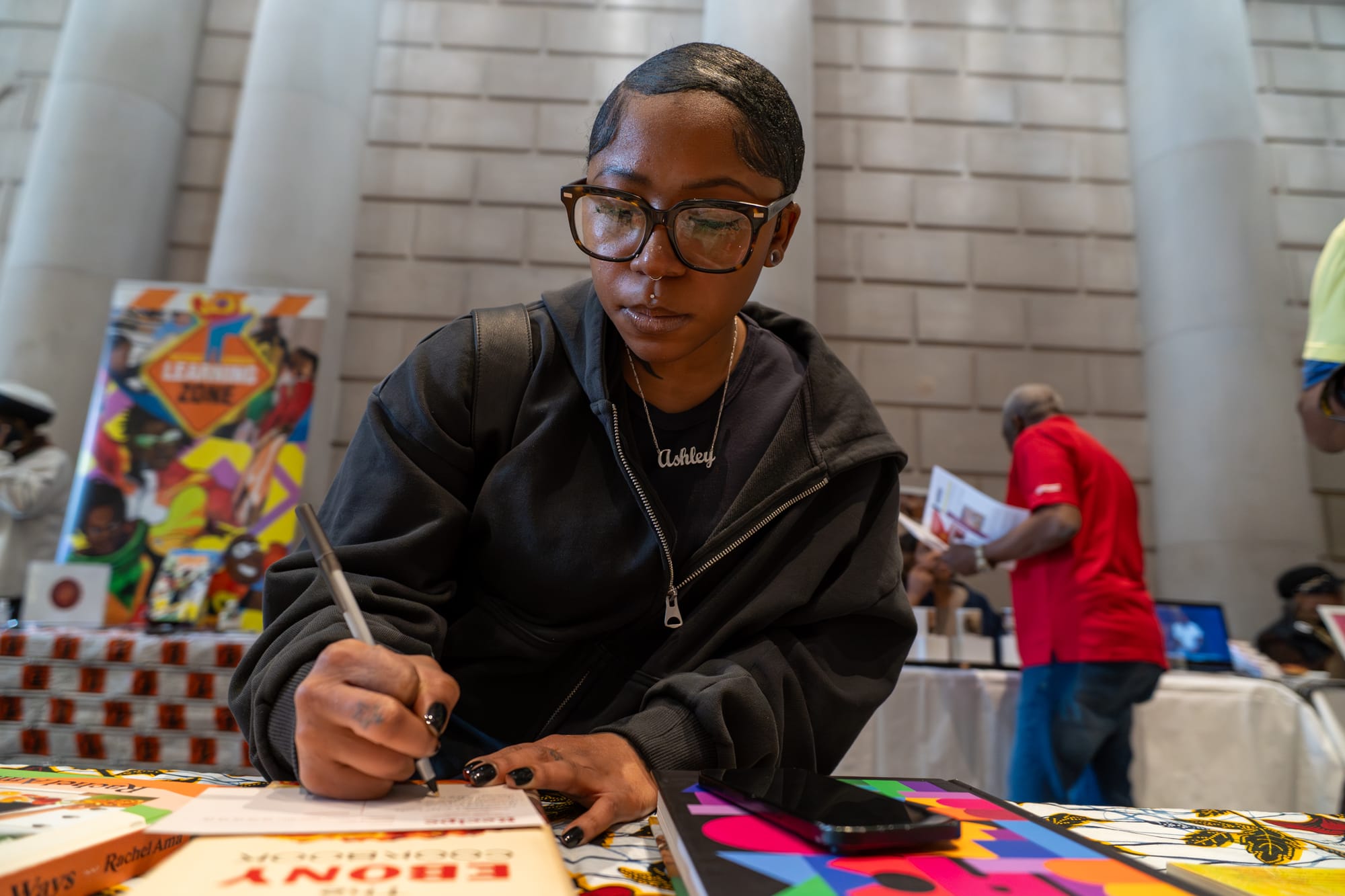While Attacks Against Black Education Mount, These Educators Offer Solutions
The attacks on education have been evident. Teachers feel it. Schools feel it. Parents feel it. Communities feel it.
The attacks on education have been evident. Teachers feel it. Schools feel it. Parents feel it. Communities feel it. From executive orders attempting to dismantle the Department of Education to banning entire segments of history or literature from being taught in individual districts, there is an apparent attempt to reshape the education landscape, not in anyone’s favor.
For Black folks, these attacks are nothing new. Education for us has always been and will always be a revolutionary act. During enslavement, many trafficked Black people were forbidden, often under the punishment of death, to learn how to read. Others had their education restricted to the level of their professions and labor. Education meant freedom, something human traffickers, better known as enslavers, fought vehemently against.
But Black folks did achieve their freedom, with the fierce pursuit of their education being one of the first things they did. They educated their community and established their own schools. Three thousand Black schools were established across the South. This passionate pursuit of education ultimately would inspire the laws guaranteeing an education for all Americans, as well as make it possible for the national systems of education we now know today. Black folks did that.
Nearly a century later, when facing separate and woefully unequal schooling systems, Black folks again would rise to the challenge. In an over two-decade-long campaign conceived by then Dean of Howard University’s Law School, Charles Hamilton Houston, would be litigated by his student, Thurgood Marshall, as well as other brilliant legal minds such as Constance Baker Motley. The five lawsuits against various states would become known as Brown v. The Board of Education argued that the 14th Amendment of the U.S. guarantees equal protection under the nation’s laws and that segregating based upon race was a direct violation of that amendment. The Supreme Court agreed, and in May of 1954, segregation in schools was deemed unconstitutional. Black folks did that.
Education is deeply personal for our community. That is why the decades-long defunding of education, the lack of care for our community schools, and the devaluation of education overall should concern us all. We know from history that too often, bad education policies negatively affect our community first and the worst. Policies like No Child Left Behind actually exacerbated issues for the Black community, created an even wider achievement gap, and some debate, made the “school to prison pipeline” worse. The COVID-19 pandemic didn’t help, with nationwide scores plummeting and concerns mounting over the future of our schools and the next generation.
Which makes the attacks on Black literature and history even worse. We know the benefits of representation in education; that students feel like they belong, they feel more confident, and that community is fostered. All of this propels students’ academic achievement. Attacking Black history and Black literature does not just attack those elements, but they are direct attacks on our communities, on our families, on our kids.
So what do we do? Well, what we have always done. We continue to push back on these attacks. We continue to show how these attacks are directly harmful to our community and our children. But we also continue to follow the example of our ancestors and elders, we educate ourselves, and we educate our kids.
I spoke to three educators during the Critical Race Theory panic of 2022. While they expressed concern then over the evident attacks against Black history and Black literature, they each gave sage advice for families and communities. That advice still rings true a few years later.
Janay Hawthorn, MPH, Professor
“Parents and allies can demand and elect change for an equitable and culturally competent educational curriculum for all children. Institutions can provide free resources for families to provide additional info at home. But it will also take courage from our elected officials on all levels to push back against this false narrative that "America is better than [this]." Because America is not. Until we accept that, ".. We hold these truths to be self-evident," that, as my fave Beyonce Giselle Knowles Carter says, “America has a problem”. We'll never be able to comprehensively educate all American children... the truth, and nothing but the truth... So help us, God.””
Yaasiyn Muhammad M.Ed., Educator
“Stop relying on narrow texts and narratives that convey simple histories with little to no critical discussion of key themes in topics in our history. Discard the canon of American Literature and include titles from a diverse array of authors, covering a diverse array of topics.
Be brave in embracing the discomfort that arises when facing some of the hard histories, histories that scholars and educators have avoided for more than a century. Recognize that neutrality means that you are taking the side of oppression.
Parents, seek enrichment opportunities for your children outside of the brick-and-mortar school building. Teach your children at home. Read to them, have conversations with them, choose shows and movies that will present counternarratives that you can expand upon. Get involved in their schools and school systems, ask questions, push for change, and offer your expertise or support.”
Ayana T. Hardaway, Ph.D., Author, Critical Qualitative and Black Feminist Researcher
“As parents and guardians, teaching starts at home. It is important for children to see themselves within their curriculum, and as parents, it is incumbent upon us to provide as much exposure to literature, imagery, art, and text at home. Our children’s education is supplemented heavily at home. As educators, my husband and I do this through culturally responsive/relevant teaching. We are very intentional in selecting books, games, educational shows, etc. that are authored by Black people and which center Black and Brown characters, in order for our girls to share in cultural references as part of their learning. By doing this, we are not only supporting healthy perceptions of their identity as Black girls, but we’re also engaging them in educational materials and supporting their critical thinking.”




